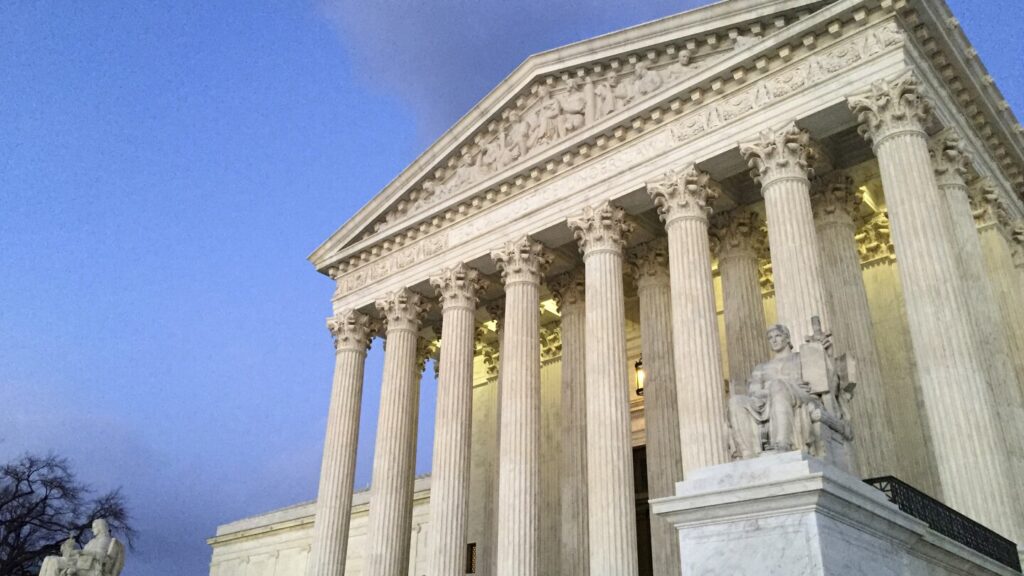In a contentious 5-4 decision, the Supreme Court rejected a Trump administration plea to challenge a federal judge’s swift directive to release around $2 billion in foreign aid. While this ruling represents a setback for the administration, organizations awaiting these funds remain in limbo, with one group forced to lay off 110 employees due to the delay. Justice Samuel Alito and three conservative colleagues dissented, arguing that the judge lacked the authority to mandate the payments, criticizing the court for penalizing taxpayers.
The court upheld the temporary restraining order halting the spending freeze, pending further clarification from Judge Ali. Chief Justice John Roberts and Justice Amy Coney Barrett, along with the liberal justices, formed the majority opinion. The dissenting conservative justices, including Clarence Thomas, Neil Gorsuch, and Brett Kavanaugh, supported Alito’s stance.
The administration had defended the freeze as a measure to curb wasteful spending, but the lawsuit contended that it violated federal law, halting critical aid programs. Judge Ali had initially reinstated the funding before setting a deadline for payment, prompting the administration’s appeal against what they deemed an intrusive order.
This legal saga underscores the complex interplay between executive authority, judicial oversight, and the allocation of foreign aid. As the case unfolds, the implications for governmental powers and humanitarian initiatives remain under scrutiny.

